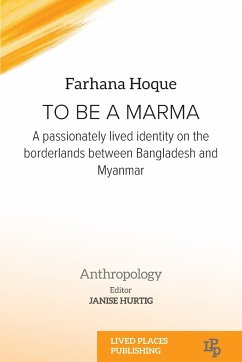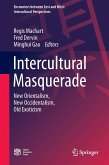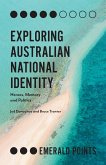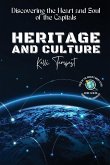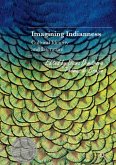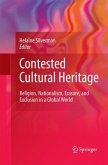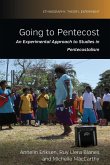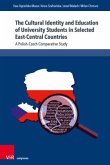How does being located in borderlands impact cultural identity, through both assimilation and distinctness? This exploration of the self-identified Marma group, the second largest ethnic group in the Chittagong Hill Tracts (CHT) of Bangladesh, discusses various aspects of identity creation, maintenance and adaptation in the unique setting of the geo-political border between South and Southeast Asia. With the fluidity of change and ethnic composition that is typical of geographical borders, the expectation is constant adaptation resulting in slow change of cultural identity over time. In the Marma case, adaptations are made in order to maintain their cultural distinctiveness. Drawing from stories of the people who hold this identity, the book considers how cultural groups navigate the constant demands on their identity whilst living in borderlands.
Hinweis: Dieser Artikel kann nur an eine deutsche Lieferadresse ausgeliefert werden.
Hinweis: Dieser Artikel kann nur an eine deutsche Lieferadresse ausgeliefert werden.

